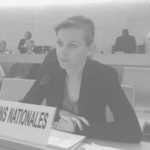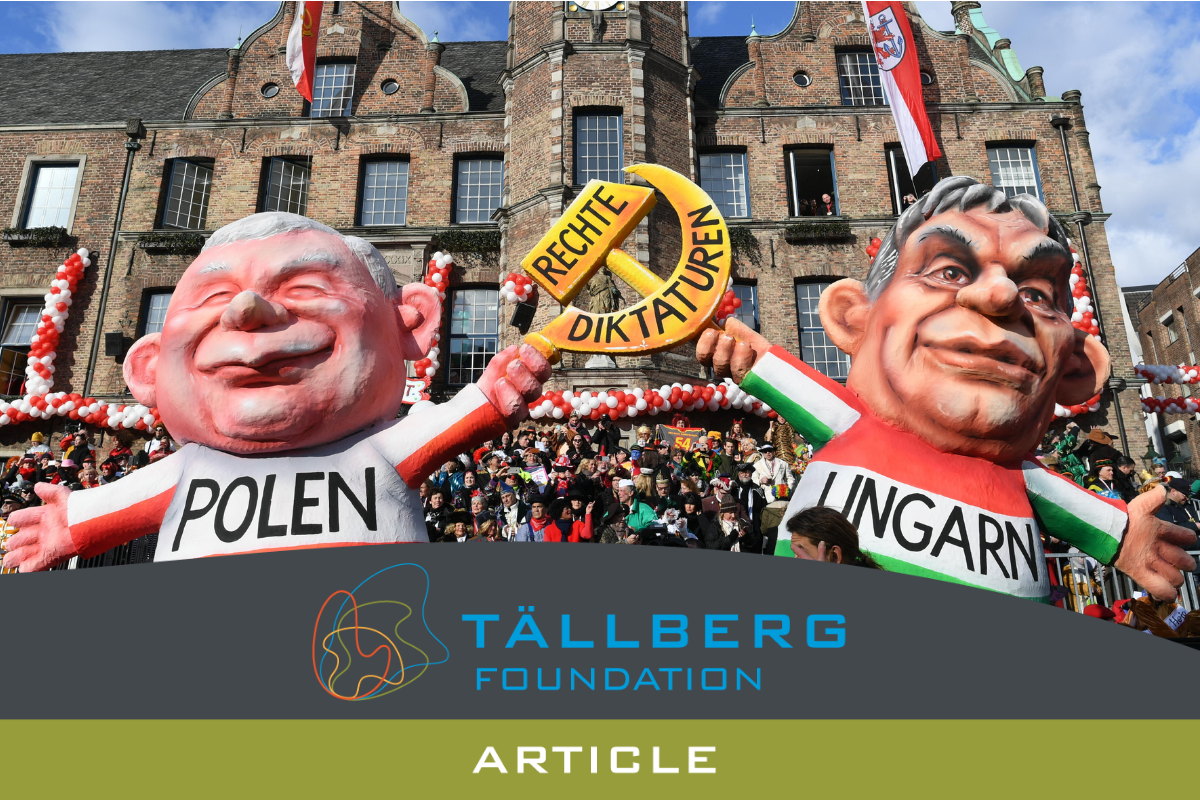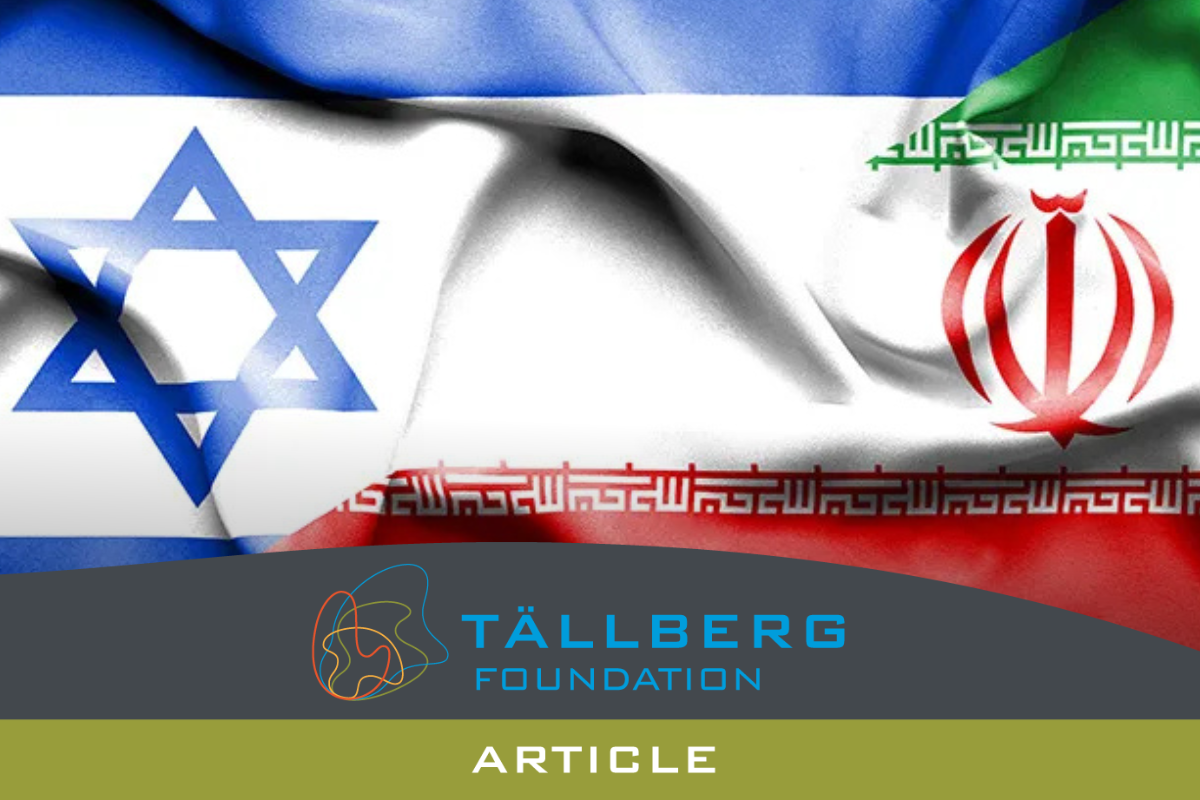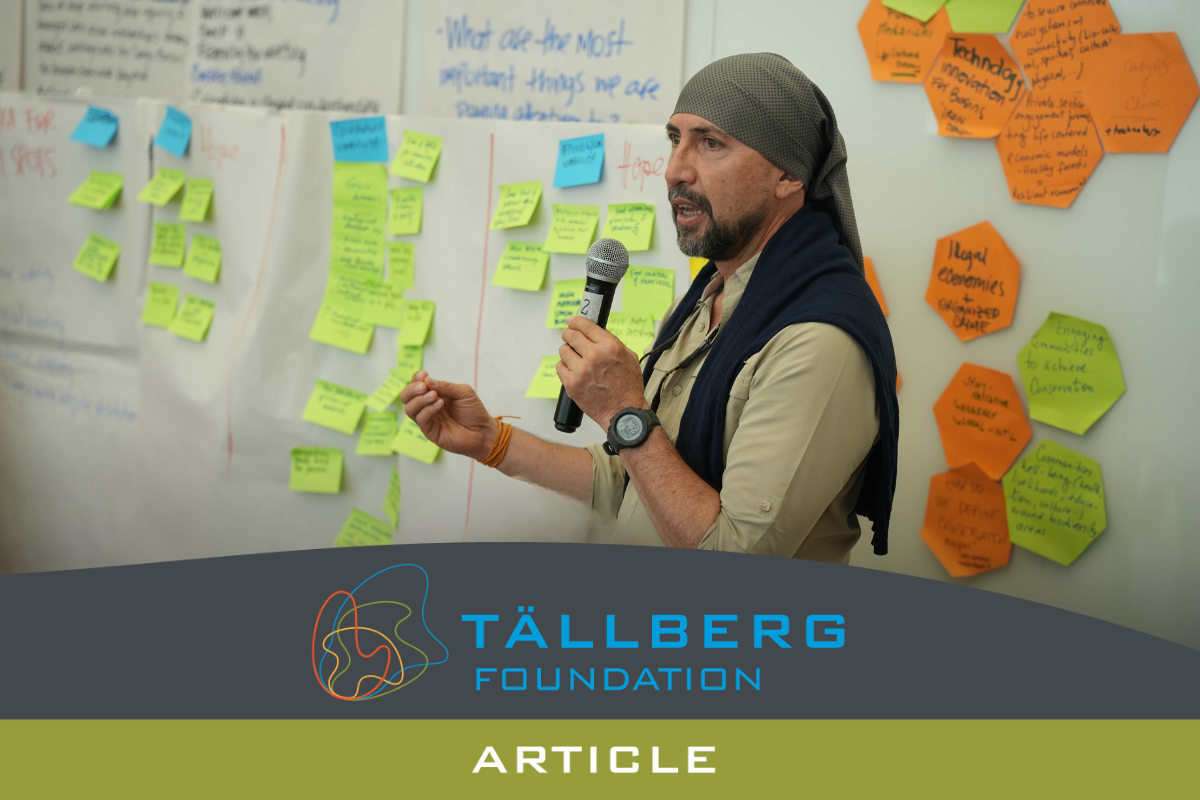“The Hungarian illiberal regime…is extremely cynical. So in that sense, anything can be put on the agenda and at any given day, just the exact opposite could become the top of the agenda.”
“What happened during the four years of the Law and Justice ruling in Poland is that many reforms were against the Constitution and were just illegal.”
Europe is a mess. A bungled vaccination campaign has forced countries into renewed lockdowns. Confidence in government, leaders and institutions has been badly damaged. Economic recovery is stalling even as the massive European Union recovery program remains in limbo. And, many countries are entering electoral cycles that could delay key policy choices until new leaders are chosen.
On top of all that, countries like Poland and Hungary are moving away from traditional forms of democracy, indeed perhaps from democracy itself.
“Europe right now has to answer some crucial questions as to what it is and where it wants to head,” insists Zuzanna Rudzińska-Bluszcz, a lawyer at Poland’s Commissioner for Human Rights. Poland, she says, is fast moving in the direction of what she terms “competitive authoritarianism” that is fundamentally at odds with European liberal democratic traditions. Both Poland and Hungary, she points out have “subordinated their justice systems” to politicians’ whims, and the “European Union has shown to be a toothless tiger in this battle. The question is not only regarding the values, but also how deep EU wants to get involved and how much control EU wants to keep regarding national legal systems?”
András Léderer, who works at the Hungarian Helsinki Committee, argues that part of the problem is that the Hungary’s Prime Minister Viktor Orban, who has been in power for a decade, has not only “consolidated his illiberal regime” at home, but also has had a significant impact on European realities. This reflects, he believes, Europe’s failure to understand that Orban is interested in power, not policy, and cares little about democracy. In practice that means his regime cynically shifts positions in ways that have lulled the EU into believing that their differences with Orban are technical, even though they are really about the fundamental nature of government. “For a very long time, the EU, I think, failed to understand what is actually happening here. It’s beginning to wake up and I hope it’s not too late.”
However, he says, “The vast majority of the population in Western European are against the illiberalization of Europe. And that gives me a lot of hope in the sense that there is stronger resilience among other member states and also among EU institutions to the kind of political regimes [in Hungary and Poland].”
Both Rudzińska-Bluszcz and Léderer recognize that Orban and the leaders of Poland’s Law and Justice Party came to and remain in power by winning elections. What makes them popular?
For Rudzińska-Bluszcz the answer is that what started as “a perfect example of a democratic and peaceful transformation…was not of the same value for everyone. There was a huge disparity of welfare between the bigger cities and smaller cities and villages. Some social groups were left behind.” Moreover, there was a lack of civic education about “abstract values like rule of law or division of power.” She adds that “nobody paid attention to building a strong civic society in Poland and to building the sense of belonging” after 50 years of Soviet domination. The result was that “the illiberal and populist groups took power.”
In other words, they were better politicians, if not leaders or democrats, than the opposition.
Léderer insists that the situation in Hungary is similar, but also different from Poland’s. Similar, in that the legacy of the 20th century for ordinary Hungarians is that “As long as the political elite provides for a growing standard of living…the population is not going to complain…And that kind of compromise, I think, is one of the most serious threats to any kind of democracy. Because it tells you that you are not the citizen who should get involved actively in public matters, but should keep your mouth shut.”
Where he thinks that Hungary is different is that Orban has succeeded in completely reshaping how Hungarian society works. For example, “In Hungary, [state owned] public media still has the largest reach in the country. Turning that into a 1984 Orwell style propaganda machine is very effective, because if people can only watch that and there is nothing else to watch and they don’t speak other languages, so they can’t fact check what they are being told, then that reality over 10 years becomes your reality.”
They both agree that ineffective political opposition is a big part of the reason that democracy is under so much pressure. In Poland, according to Rudzińska-Bluszcz, the opposition fails to respect individual dignity or to understand what ordinary people need, while the government is quick to identify opportunities to strengthen the safety net, at least for its supporters. Even if this is at the expense of people who don’t support the government, it is a path to staying in power.
In Hungary, the government has created a large base that at least believes it has a lot to lose if Orban were to be voted out of power. The opposition, he insists, needs to find new ways to campaign, to assure voters that change will not undermine their living standards. But he worries that Orban is so entrenched in power that even if he lost next year’s election, he might refuse to leave—reminiscent of January 6th in Washington, but better organized.
The recent political debate in Europe about the Istanbul Convention—formally, the Council of Europe’s Convention on preventing and combating violence against women and domestic violence—provides a case study of how politics works today. Hungary has refused to ratify; Poland did ratify, but is now debating withdrawal. Léderer insists that the Convention was absolutely unknown in Hungary until the government decided it could weaponize opposition by insisting it was “some kind of Western liberal conspiracy to spread LGBT propaganda.” So instead of a debate on domestic violence—which he says is “huge” in Hungary—the country is enduring a highly politicized argument about gender ideology that only serves the government’s immediate political needs.
Something similar is happening in Poland, according to Rudzińska-Bluszcz. “I would say we are in a war in Poland. This is the ideological war… between the liberal West and what it’s called in Poland ‘traditional Catholic values’… It’s easy to call LGBT, not people, but ideology. So, the right-wing politicians are saying, “We’re not fighting with the human rights. We’re not fighting with gay or lesbians. We are fighting with the ideology.” The result is to reinforce the government’s hold on its base and on power.
What motivates young leaders like these two to fight for democracy?
For Rudzińska-Bluszcz: “Poland is my homeland. And I just want to change it. And this direction seems to be so clear.” For Léderer: “I am a true Hungarian in so many senses…And that means that I have to work towards creating a life here…I’m one of the few publicly open gay public figures; I happen to be Jewish; and I happen to fight for the rights of refugees. I mean, how lucky you can get to get all these THREE in such circumstances. So, use your luck and do what you think is right.”
Perhaps this is the kind of leadership democracy needs to survive.
Let us know what YOU think and leave your comment below.
András Léderer and Zuzanna Rudzińska-Bluszcz recently spoke with Alan Stoga as part of the Tällberg Foundation’s “New Thinking for a New World” podcast series. Hear their whole conversation here or find us on a podcast platform of your choice (Apple Podcast, Spotify, Acast, Stitcher, Libsyn, etc).
OUR GUESTS
 András Léderer is the Senior advocacy officer for the Hungarian Helsinki Committee. He earned his MSc (in violence, conflict and development) at SOAS, London and his BSc (terrorism, conflict and security) in Aberystwyth and joined the Hungarian Helsinki Committee in September 2015. He writes the Hungarian Helsinki Committee’s regular information updates on asylum for domestic and international audiences and is also working and managing projects of the refugee programme. András is also conducting human rights monitoring visits to reception centers and detention facilities. His PhD research focuses on the relationship of trauma caused by intractable conflicts and speech. He is an Alumni of Leaders Europe: Obama Foundation Fellowship (2021).
András Léderer is the Senior advocacy officer for the Hungarian Helsinki Committee. He earned his MSc (in violence, conflict and development) at SOAS, London and his BSc (terrorism, conflict and security) in Aberystwyth and joined the Hungarian Helsinki Committee in September 2015. He writes the Hungarian Helsinki Committee’s regular information updates on asylum for domestic and international audiences and is also working and managing projects of the refugee programme. András is also conducting human rights monitoring visits to reception centers and detention facilities. His PhD research focuses on the relationship of trauma caused by intractable conflicts and speech. He is an Alumni of Leaders Europe: Obama Foundation Fellowship (2021).
 Zuzanna Rudzińska-Bluszcz is a Polish human rights lawyer; she was a 2020 candidate to the Office of the Commissioner for Human Rights in Poland, supported by over 1200 non-governmental organizations; between 2015-2021 was a head of strategic litigation in the Office of the Commissioner for Human Rights of Poland. On behalf of the Commissioner she litigated several groundbreaking cases regarding discrimination, freedom of expression and personal rights’ protection. She has also been engaged in human rights advocacy before the United Nations and Council of Europe. She is an Alumni of Marshall Memorial Fellowship (2019) and Leaders Europe: Obama Foundation Fellowship (2021).
Zuzanna Rudzińska-Bluszcz is a Polish human rights lawyer; she was a 2020 candidate to the Office of the Commissioner for Human Rights in Poland, supported by over 1200 non-governmental organizations; between 2015-2021 was a head of strategic litigation in the Office of the Commissioner for Human Rights of Poland. On behalf of the Commissioner she litigated several groundbreaking cases regarding discrimination, freedom of expression and personal rights’ protection. She has also been engaged in human rights advocacy before the United Nations and Council of Europe. She is an Alumni of Marshall Memorial Fellowship (2019) and Leaders Europe: Obama Foundation Fellowship (2021).





0 Comments